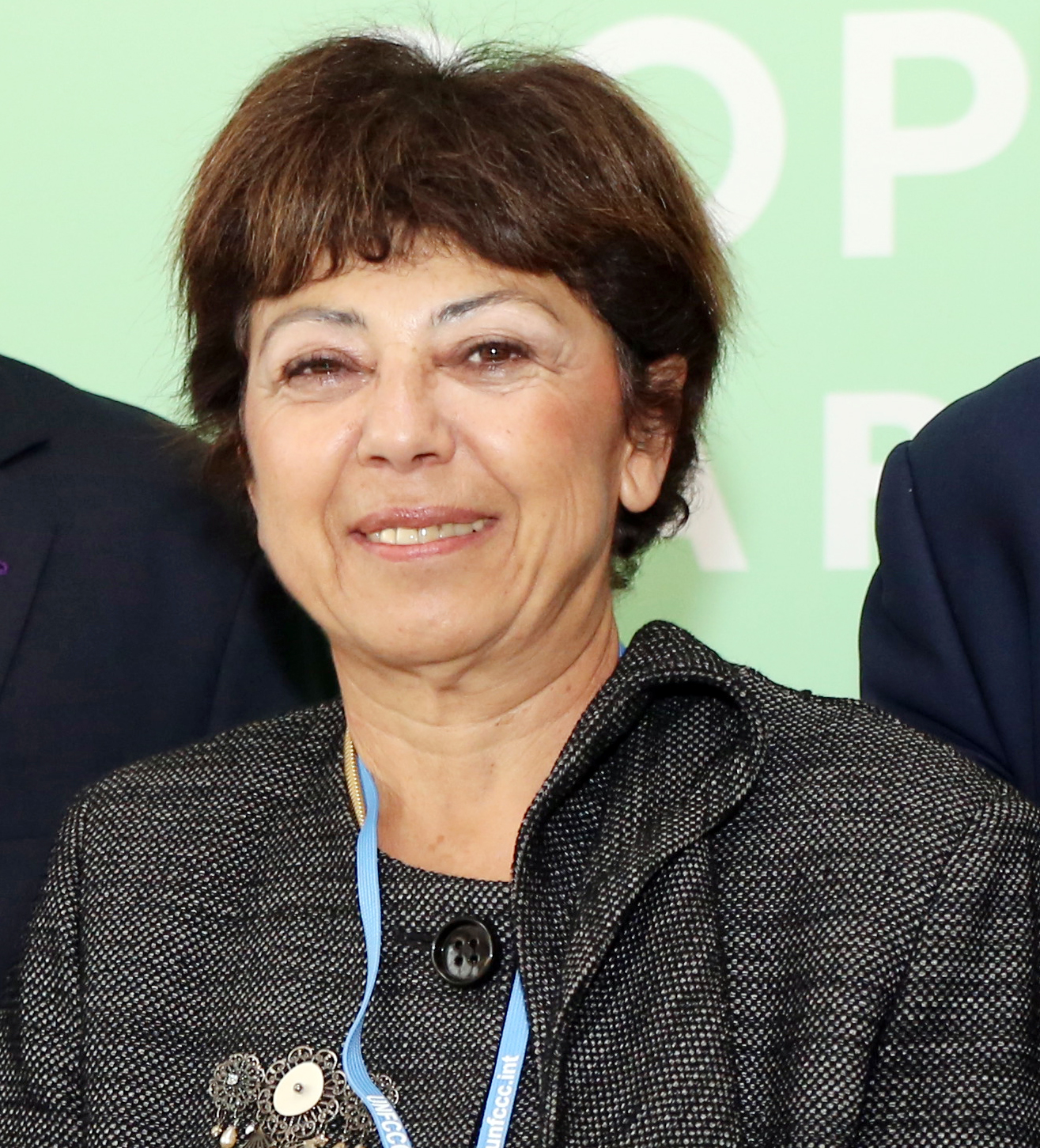The United Nations Convention to Combat Desertification (UNCCD) is seeking long-term solutions to disasters such as drought and floods that are affecting communities all over the world.

Monique Barbut, Executive Secretary of the UNCCD, who made the submission recently when announcing the plans for this year’s World Day to Combat Desertification, noted that the droughts and floods beating down on communities in many parts of the world are linked to the current El Niño, which is expected to affect up 60 million people by July.
This year’s World Day to Combat Desertification will take place on 17 June.
“Protect Earth. Restore Land. Engage People. This is the slogan for this year’s World Day to Combat Desertification to be held on 17 June. I am calling for solidarity from the international community with the people who are battling the ravages of drought and flood. Let us find long‐term solutions, not just quick fixes, to disasters that are destroying communities,” she urged.
According to her, in some areas, including in North Eastern Brazil, Somali, Ethiopia, Kenya and Namibia, the El Niño effects are coming on the back of years of severe and recurrent droughts. It is impossible for households that rely on the land for food and farm labor to recover, especially when the land is degraded.
She stated that these conditions do not just devastate families and destabilise communities as, according to her, when they are not attended to urgently, they can become a push factor for migration, and end with gross human rights abuses and long‐term security threats.
“We have seen this before – in Darfur following four decades of droughts and desertification and, more recently, in Syria, following the long drought of 2007‐2010. It is tragic to see a society breaking down when we can reduce the vulnerability of communities through simple and affordable acts such as restoring the degraded lands they live on, and helping countries to set up better systems for drought early warning and to prepare for and manage drought and floods,” Barbut said.
“I hope that World Day to Combat Desertification this year marks a turning point for every country. We need to show, through practical action and cooperation, how every country is tacking or supporting these challenges at the front‐end to preempt or minimize the potential impacts of the disasters, not just at the back‐end after the disasters happen,” she stated.
The United Nations General Assembly designated 17 June as the observance Day to raise public awareness about international efforts to combat desertification and the effects of drought.
Ms Barbut thanked the Government and People of China, for offering to host the global observance event, which will take place at the Great Hall of the People in Beijing.
“China has vast experience in nursing degraded lands and man‐made deserts back to health. This knowledge can and should benefit initiatives such as Africa’s Great Green Wall, the re‐ greening in southern Africa and the 20 X 20 Initiative in Latin America. We can create a better, more equal and climate change‐resilient world,” she noted.
“I also call on countries, the private sector, foundations and people of goodwill to support Africa when the countries meet later in the year to develop concrete plans and policies to pre‐ empt, monitor and manage droughts,” Ms Barbut stated.
The 2016 World Day campaign is also advancing the Sustainable Development Goals adopted in September last year. The Goals include a target to achieve a land degradation‐neutral world by 2030. That is, a world where the land restored back to health equals to, or is more than, the amount degraded every year.
